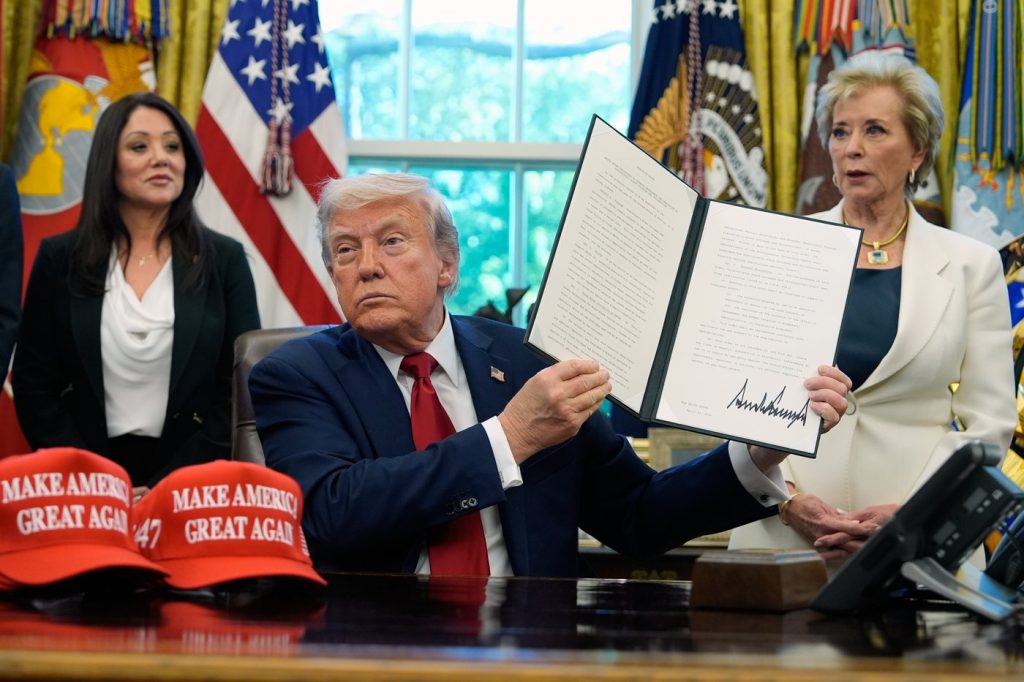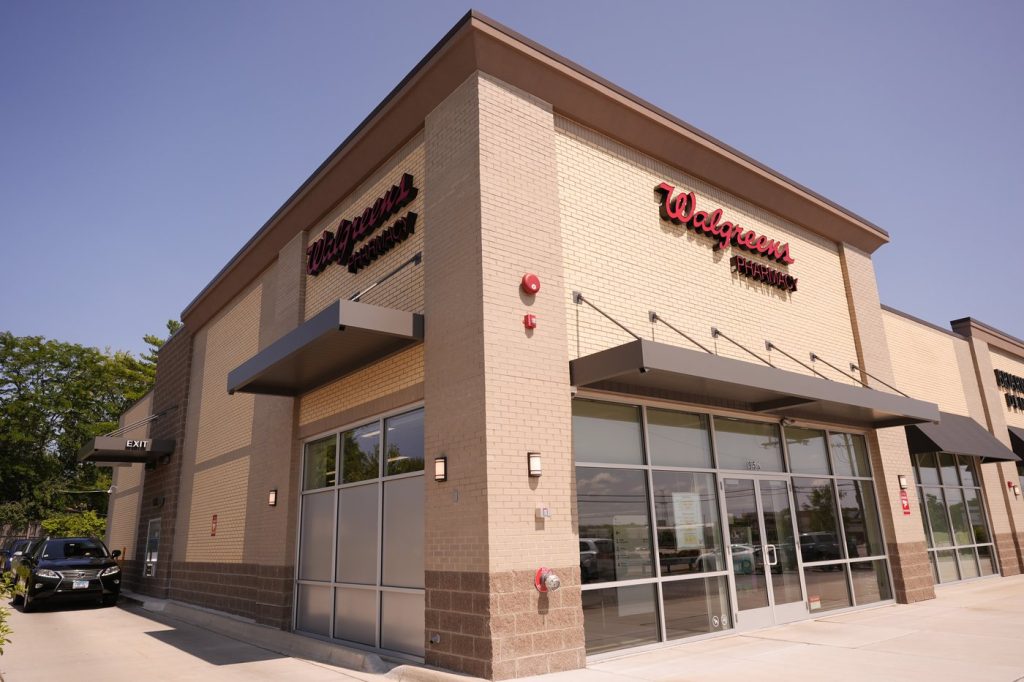On Wednesday, President Donald Trump made controversial comments about Canada, stating that the country would "cease to exist" if it weren't for the United States purchasing goods from it. His remarks, made during a signing ceremony in the Oval Office, came just days before Canadians are scheduled to vote in an election where Trump's statements about the nation's economy and sovereignty have become significant discussion points.
Trump emphasized that Canada relies heavily on the U.S. for its economic viability. "I have to be honest, as a state, it works great," he stated, while also reiterating his position that the U.S. does not need Canadian products, including automobiles and oil. "We don’t really want Canada to make cars for us, to put it bluntly. We want to make our own cars," he asserted, reflecting his stance on American manufacturing independence.
Recently, Trump had toned down his previous rhetoric suggesting that Canada could potentially become the 51st U.S. state, a position he adopted after calls with new Prime Minister Mark Carney last month. During the same event, Trump hinted that he might increase import taxes on vehicles from Canada, having already placed a 25% tariff on all automobile imports to the U.S. earlier in the month. This tariff also included a partial exemption for vehicles produced under the newly implemented Canada-U.S.-Mexico Agreement (CUSMA), where only non-American components of cars would face levies.
In addition, Trump has imposed separate 25% tariffs on various Canadian goods, ostensibly to address issues such as drug smuggling into the U.S. "I really don’t want cars from Canada," he reiterated, explaining that when tariffs are levied, it signals a lack of desire for Canadian vehicles. He suggested that these tariffs could be further increased, particularly on cars.
The automobile industry has a deeply integrated history between Canada and the U.S., with vehicle parts often crossing the border multiple times during the manufacturing process. Historical figures such as Henry Ford and the Dodge brothers were instrumental in establishing this cross-border cooperation throughout the early 1900s, with foundational companies like Ford Motor Co. of Canada emerging from this collaboration.
The integration of the automotive industries was solidified with the 1965 Auto Pact trade agreement, and CUSMA aimed to replace the North American Free Trade Agreement (NAFTA), enhancing protections for the auto sector. According to the Center for Automotive Research in Michigan, Trump's tariffs are projected to increase costs by approximately USD $107.7 billion for all U.S. automakers, impacting major companies like Ford, General Motors, and Chrysler.
In light of the tariffs, Ottawa announced modifications to its retaliatory measures, allowing automobile companies that continue manufacturing in Canada exemptions from import tariffs while permitting a limited number of U.S.-assembled vehicles to enter Canada duty-free, so long as they comply with CUSMA regulations.
Meanwhile, Prime Minister Carney has emphasized the importance of eliminating trade barriers within Canada, arguing that such measures would benefit Canadians more than any trade conflicts instigated by Trump. He has expressed a goal of establishing free trade among Canada’s provinces and territories by July 1, stating, "We can give ourselves far more than Donald Trump can ever take away." Carney has noted that the historical relationship Canada shares with the U.S. has significantly changed due to Trump's tariffs and trade policies, fostering an increase in Canadian nationalism that has positively affected the Liberal Party’s standing in polls.
When asked about the forthcoming Canadian election, Trump declined to comment directly, asserting that he had positive conversations with Carney but that involvement in another country's election was inappropriate. Nonetheless, he lamented the trade deficits while conveying a perception of a cooperative relationship with Canada, stating, "We’re doing very well. We are working on a deal. We will see what happens."












